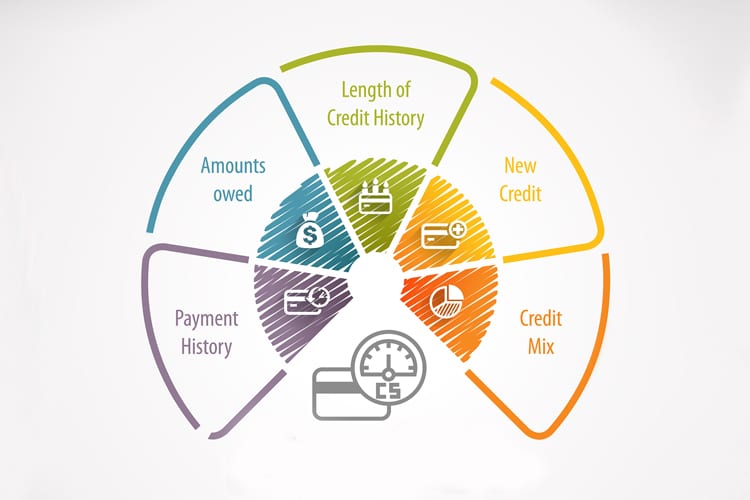How Joe Biden Wants To Overhaul Credit Reporting

President Joe Biden faces two major challenges in his first year in office: slowing the pandemic and rebuilding the economy. The early months of Biden’s presidency will likely feature a number of new bills and regulations that directly impact the lives of day to day Americans. One of Biden’s most interesting proposals calls for the creation of a public credit bureau and an overhaul of the for-profit credit system.
If Biden is successful, the new public credit agency could help millions of Americans gain access to credit or boost their credit scores. Like anything in Washington, that’s easier said than done. While there are many vocal supporters of a public credit registry, current lenders and credit bureaus aren’t going to roll over, either.
How Things Stand
The idea of overhauling the credit reporting system isn’t entirely new. There have been deeply covered issues within the industry for years. Errors on credit reports are common – about one in five users experience them – and they’re often damaging and inconvenient to fix. Millions of Americans are “credit invisible,” meaning they have no credit history with the three major bureaus, and thus have no creditworthiness. Credit bureaus sell and share consumer data without consent. Medical debt can ruin someone’s finances for years.
The system has its fair share of flaws, and the stranglehold of Experian, Equifax, and TransUnion leave consumers with few options except the major bureaus. And according to Demos, the think tank that developed the proposal that Biden adopted, there are some inherent racial slants in credit reporting.
“It’s true that credit scores never formally take race into account,” Delos Associate Director for Policy and Research Amy Traub wrote in a blog post. “Yet these metrics cannot be race-neutral because they draw on data about personal borrowing and payment history that is shaped by generations of discriminatory public policies and corporate practices.”
More broadly, credit reporting doesn’t exist in a vacuum. A poor credit score can hurt your job prospects, bar you from a loan, or keep you from getting an apartment.
Biden’s Proposal
Biden’s plan is reportedly based on a proposal Traub published in April 2019 calling for the establishment of a public credit registry. Traub notes that current credit algorithms, which are unpublished, disproportionately determine minorities as higher credit risks.
Over time, the flawed system furthers economic inequality, as those without credit or with poor credit suffer widespread economic ramifications.
“This publicly run credit registry will gradually replace the current for-profit corporate system and is designed to be responsive to consumer needs and equity concerns rather than the corporate bottom line,” according to the abstract of the proposal. “A public credit registry will develop algorithms that diminish the impact of past discrimination, deliver transparent credit scoring, provide greater data security and offer a publicly accountable way to resolve disputes.”
The registry would be run out of the Consumer Finance Protection Bureau, the federal government’s consumer advocacy wing in finance. A public credit registry could be extremely beneficial for people with poor or no credit. While Biden’s current proposal is far less detailed than Traub’s, he does specifically reference including payments like rent and utilities in credit history. This is similar to an existing credit-raising service – Experian Boost – but would be automatic and include more types of payments. In short: millions of Americans could see a jump in their credit score and creditworthiness.
What Comes Next
Establishing a public credit registry is one of the lesser-discussed but more ambitious points of Biden’s platform. Ultimately his plan would phase out the for-profit credit industry and eliminate private credit bureaus. Biden is expected to appoint a new Consumer Finance Protection Bureau willing to take on the new registry. He could face challenges getting his nominee approved in the Senate, but the recent Georgia runoffs should aid Biden is trying to enact his agenda.
Currently, Biden’s call for public credit reporting is within his housing plan, as part of a broader call for financial assistance for Americans. It’s clear that Biden has plans to reform the credit reporting industry. In the next few months, we’ll start to get a clearer picture of what specifically that means.









